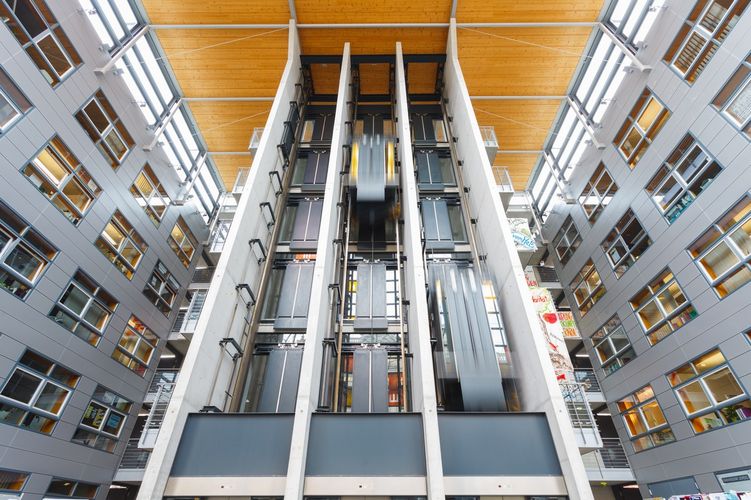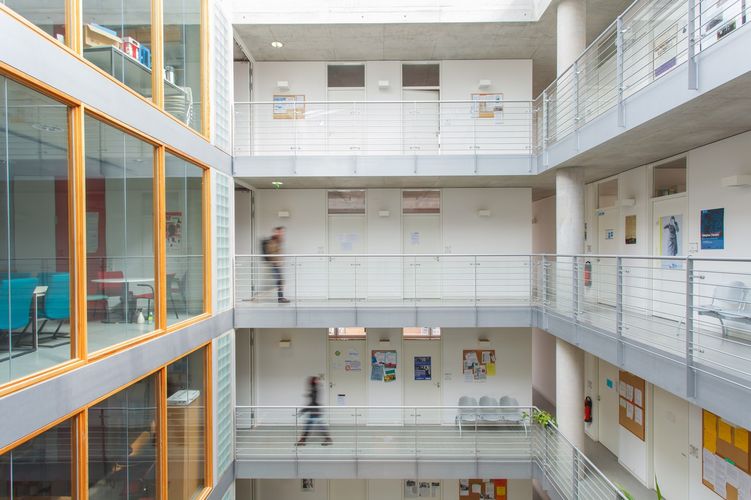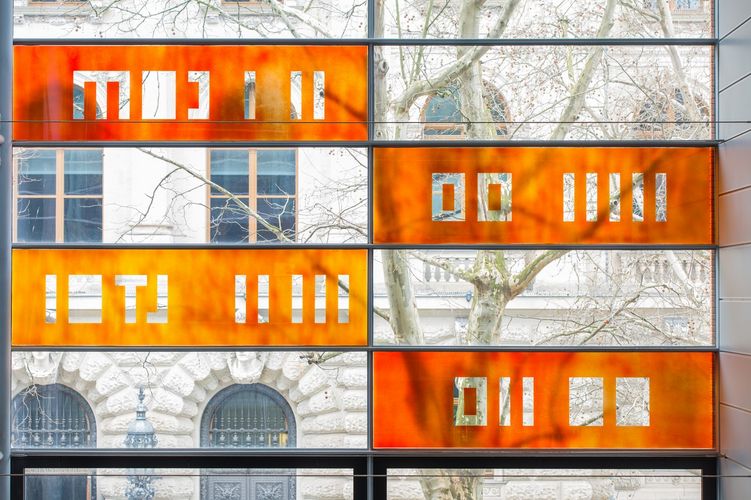In contrast to the study of specific languages and literature, modern linguistics does not focus on an individual language, instead looking at the functions and structures of all human languages including their differences and commonalities. Linguists document languages around the world (field research), carry out psychological experiments (psycholinguistics), compare languages (linguistic typology) and develop formal models (grammatical theory and computational linguistics) to gain a comprehensive understanding of human linguistic abilities.
At a glance
-
Field of study
humanities and linguistics -
Degree type
postgraduate -
Degree
Master of Arts -
Language of instruction
English -
Full/part-time
full-time, part-time -
Course start
winter semester, summer semester -
Admission restriction
without admission restriction -
Standard period of study
Four semesters
-
ECTS credits
120
Q&A // 5 questions about the MA Linguistics at Leipzig University
Requirements
- First academic degree in linguistics or general linguistics (graduates of other programmes may be admitted with the agreement of the examination board)
- Knowledge of English at B2 level of the Common European Framework of Reference for Languages
- Knowledge of an additional foreign language at the B1 level of the Common European Framework of Reference for Languages
The Faculty of Philology will check whether the above requirements have been met and then issue an official notification. This serves as proof that the candidate fulfils the admission requirements. Please inform yourself about deadlines and modalities concerning the subject-specific admission requirements on the department’s website for the degree programme.
Contents
In the programme’s four semesters, you can choose nine of 13 modules. Foundational modules convey principles of linguistics in a concentrated form while advanced modules delve into the most important issues and problems of current research. In specialised modules, you are introduced to independent linguistic research. The division below into various module types is only intended to provide a better overview. You can choose any of the modules depending on your needs and interests.
Foundational modules
- Semantics
- Phonology, Morphology, Syntax
- Empirical Methods
Advanced theoretical modules
- Segmental and Suprasegmental Phonology (2 modules)
- Morphology
- Local and Non-Local Syntax (2 modules)
- Typology
- Computational Perspectives of Grammar
- Grammatical Perspectives of Cognition
Specialised modules
- Research Internship
- Focus on Language
- Module imports from other degree programmes
- Close links to current linguistic research projects with the possibility to complete research internships and work on the projects
- Optimal preparation for doctoral studies
- Focus on the central areas of grammatical theory: morphology, phonology and syntax
- Broad range of courses on language typology, computational linguistics and semantics
- All courses take place in English
The programme provides optimal preparation for a career in research, in particular for doctoral studies in linguistics. Outside of research, experts with a background in linguistics can typically be found in two professional fields:
- commercial, computer-based processing of language, e.g., in language recognition and in designing and adapting dialogue systems
- Language and communication-oriented tasks in the business sector, e.g., in advertising, with publishing houses or digital media and in public relations
- An internship is possible
- A study stay abroad is recommended.
Application
Course start: winter semester and summer semester
Admission restriction (NCU): no
Application period: 2 May–15 September for the winter semester; 1 December–15 March for the summer semester
Application portal: AlmaWeb
Please ensure that you read and take note of the further information provided on the pages “Online application” and “Applying for a master’s programme”.
International students can find information about application periods and how to apply on the page “International”.
Options in the winter semester: 2nd semester, 3rd semester and 4th semester – each without restrictions on admission
Options in the summer semester: 2nd semester, 3rd semester and 4th semester – each without restrictions on admission
Application period: 2 May–15 September for the winter semester; 1 December–15 March for the summer semester
Application portal: AlmaWeb
Special enrolment requirements: credits form (Anrechnungsbescheid)
You can find more information on our page for “Applying for higher semesters of study”.
International students can find information about application periods and how to apply on the page “International”.
Internationality
Compulsory curriculum in English

































































